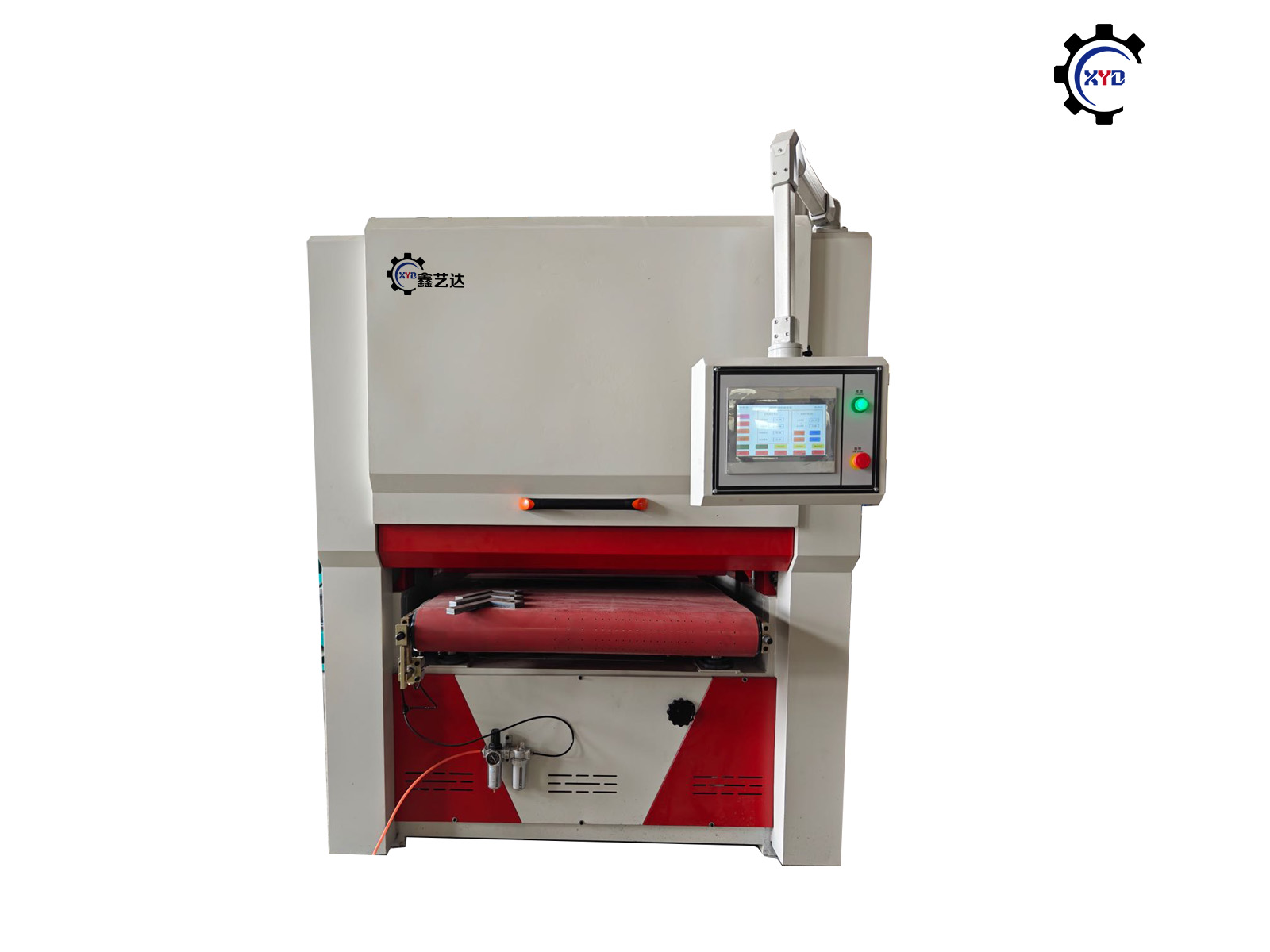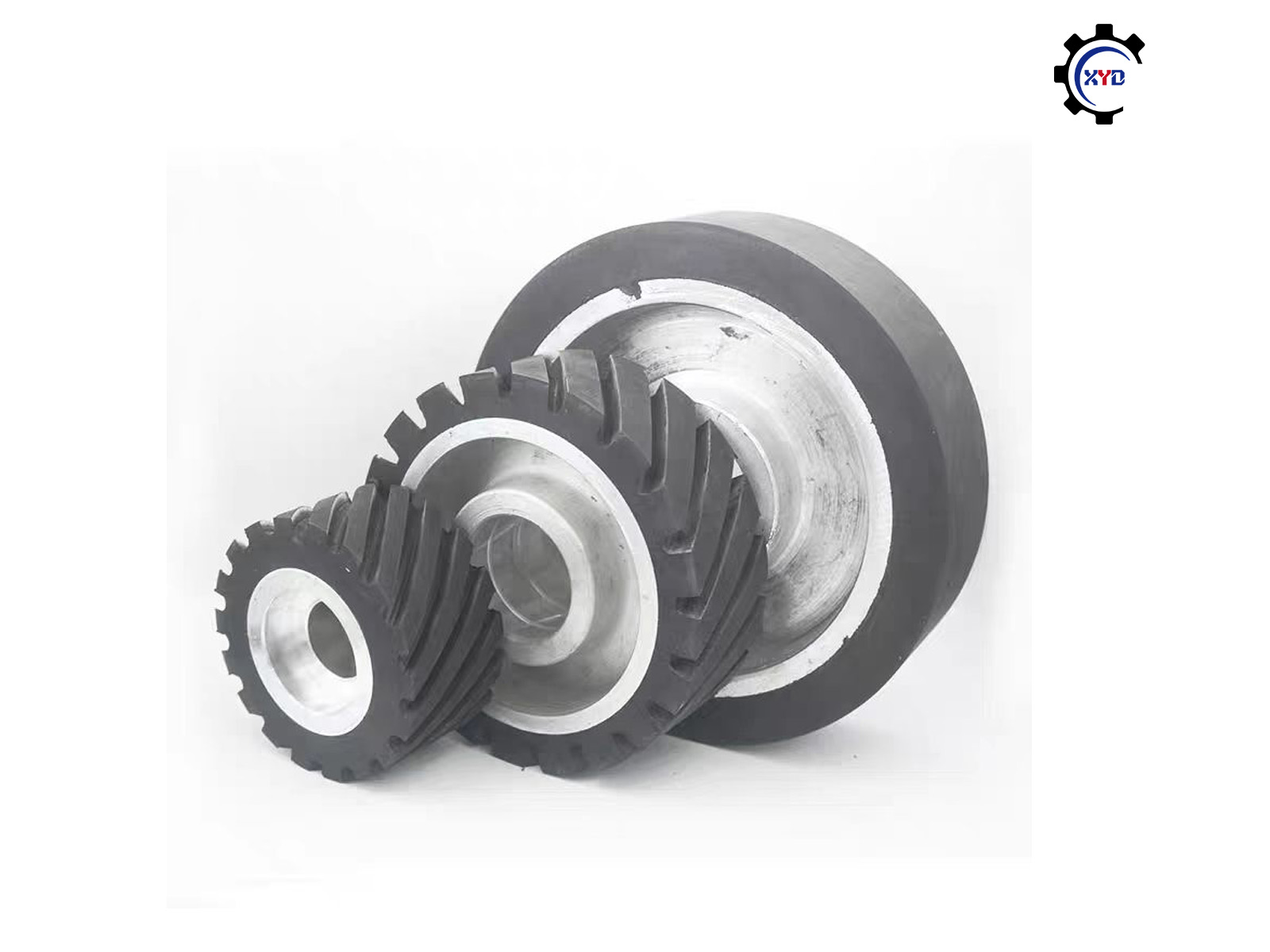Why Do Pressure Vessels Need Polishing?
Publish time:2025-09-25 22:49:48 Popularity:0 Source:未知来源
Why Do Pressure Vessels Need Polishing?
In chemical, food, beverage, pharmaceutical, and energy industries, stainless steel pressure vessel polishing is an essential process. It is not just a surface treatment—it directly affects the durability, safety, and hygiene of the equipment.
Core Functions of Polishing
1. Improve Corrosion Resistance
-
After welding and fabrication, vessel surfaces often have oxide scales, welding residues, and scratches.
-
These imperfections act as starting points for corrosion and stress concentration.
-
Through polishing and passivation, defects are removed and a dense protective oxide film is formed, enhancing corrosion resistance—especially in chemical and chloride-rich environments.
2. Meet Food & Pharmaceutical Hygiene Standards
-
In food and pharmaceutical industries, cleanliness is critical. Rough surfaces create dead zones that trap residues and bacteria.
-
Polishing reduces surface roughness (Ra) to 0.2–0.4μm or lower, achieving a mirror finish.
-
Smooth inner walls allow for effective CIP/SIP cleaning and sterilization, meeting GMP, FDA, and 3-A sanitary standards.
3. Enhance Mechanical Strength & Safety
-
Pressure vessels operate under high pressure and temperature, making them prone to cracks due to stress concentration.
-
Polishing minimizes stress points, improving fatigue resistance.
-
For high-pressure tanks, gas cylinders, and reactors, polishing greatly increases safety and operational reliability.
4. Improve Aesthetic Appearance & Brand Value
-
Polished vessels have a bright and smooth mirror-like surface, improving equipment aesthetics.
-
In industries like food and beverages, equipment appearance reflects quality assurance and brand reputation.
-
High-end clients in pharmaceutical and biotech industries prefer polished stainless steel vessels.
Applications of Pressure Vessel Polishing
-
Chemical Industry: corrosion-resistant tanks, reactors, heat exchangers.
-
Food & Beverage: milk tanks, beer fermenters, beverage storage vessels.
-
Pharmaceutical & Biotech: sterile tanks, clean storage vessels.
-
Energy & Environmental: LNG tanks, nuclear power vessels, wastewater treatment equipment.
-
Daily Use & Construction: water heaters, stainless steel water towers, pressure cylinders.
Conclusion
Pressure vessel polishing is more than just surface finishing—it ensures corrosion resistance, hygiene, safety, and aesthetics. Whether for food-grade tanks or high-pressure chemical vessels, polishing significantly improves equipment performance and service life, making it a critical step in modern vessel manufacturing.
- 2025-12-23 What are the types of polishing
- 2025-12-23 What is the working principle of a flat plate polishing machine
- 2025-11-14 Precautions to Take Before and After Operating a Polishing Machine
- 2025-11-04 Have you maintained the polishing machine?
- 2025-10-14 The difference between single-station pipe polishing machines and multi-station pipe polishing machines
- 2025-10-08 Why the Semiconductor Industry Cannot Do Without Automatic Polishing Equipment?
- 2025-09-25 Why Do Pressure Vessels Need Polishing?
- 2025-09-24 What are the types of circular tube polishing machines
Online Message
Contact information
QR code









 QQ Customer Service
QQ Customer Service